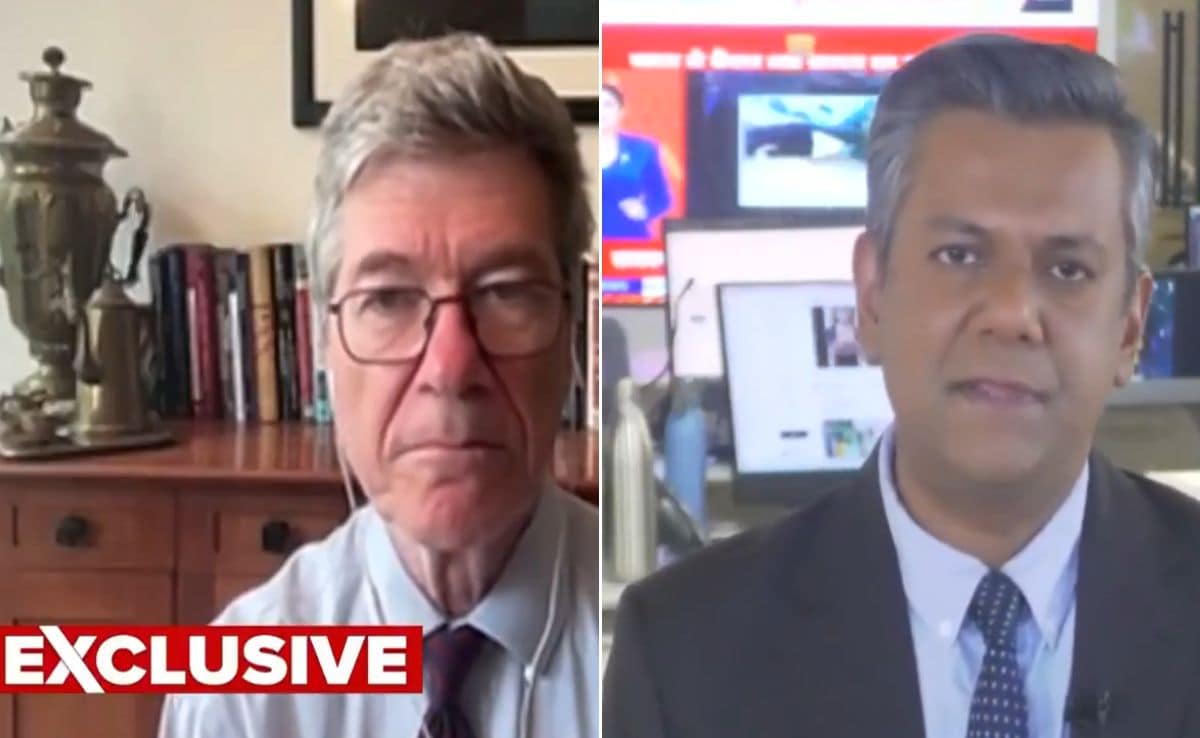

A prominent American economist, Professor Jeffrey Sachs of Columbia University, has cautioned India against allowing itself to be manipulated by the United States in what he describes as a misguided trade conflict with China. His remarks come in the wake of increased trade tensions, including recent tariffs imposed by the U.S. on Indian imports.
Sachs has been a vocal critic of U.S. trade policies, particularly those enacted by the Trump administration. He has described these policies, including the imposition of a 50% tariff on imports from India, as "unconstitutional". He argues that these tariffs are not only detrimental to India but also reflect a broader indifference among U.S. politicians towards India's interests. "U.S. politicians don't care at all about India," Sachs stated, emphasizing India's standing as a great power with independent interests.
The economist suggests that India's long-term security and economic prosperity will not be achieved by aligning with the U.S. against China, particularly within frameworks like the Quad. He believes that India should maintain an independent stance, fostering positive relationships with both the U.S. and China. Sachs points out that China's economy is significantly larger than that of the U.S., with a more extensive international trade network. Therefore, a strong economic relationship between India and China would be beneficial for India's economy and contribute to a multipolar world order.
Sachs's comments have resonated amid growing concerns in India about the country's economic future in the face of rising protectionism. The U.S. decision to impose tariffs on Indian goods has sparked debate among industry leaders and policymakers about the need for India to build a more self-reliant and resilient economy. Some experts are advocating for diversification of India's trade portfolio and increased government support for sectors most affected by the tariffs. Sectors such as garments are particularly vulnerable to these tariffs.
The economist also criticized the U.S. fiscal policy, pointing to the "one big beautiful bill" passed recently, which sets the United States on a course of persistent high deficits for the next decade. He notes that this trajectory, coupled with decreasing willingness from countries like India and China to hold U.S. dollars in their foreign exchange reserves, could lead to higher interest rates and financing challenges for the U.S..
In essence, Sachs advises India to prioritize its own strategic interests, avoiding being instrumentalized in a U.S.-China trade war. He advocates for a balanced approach that recognizes the importance of both the U.S. and China in India's economic and security calculus.